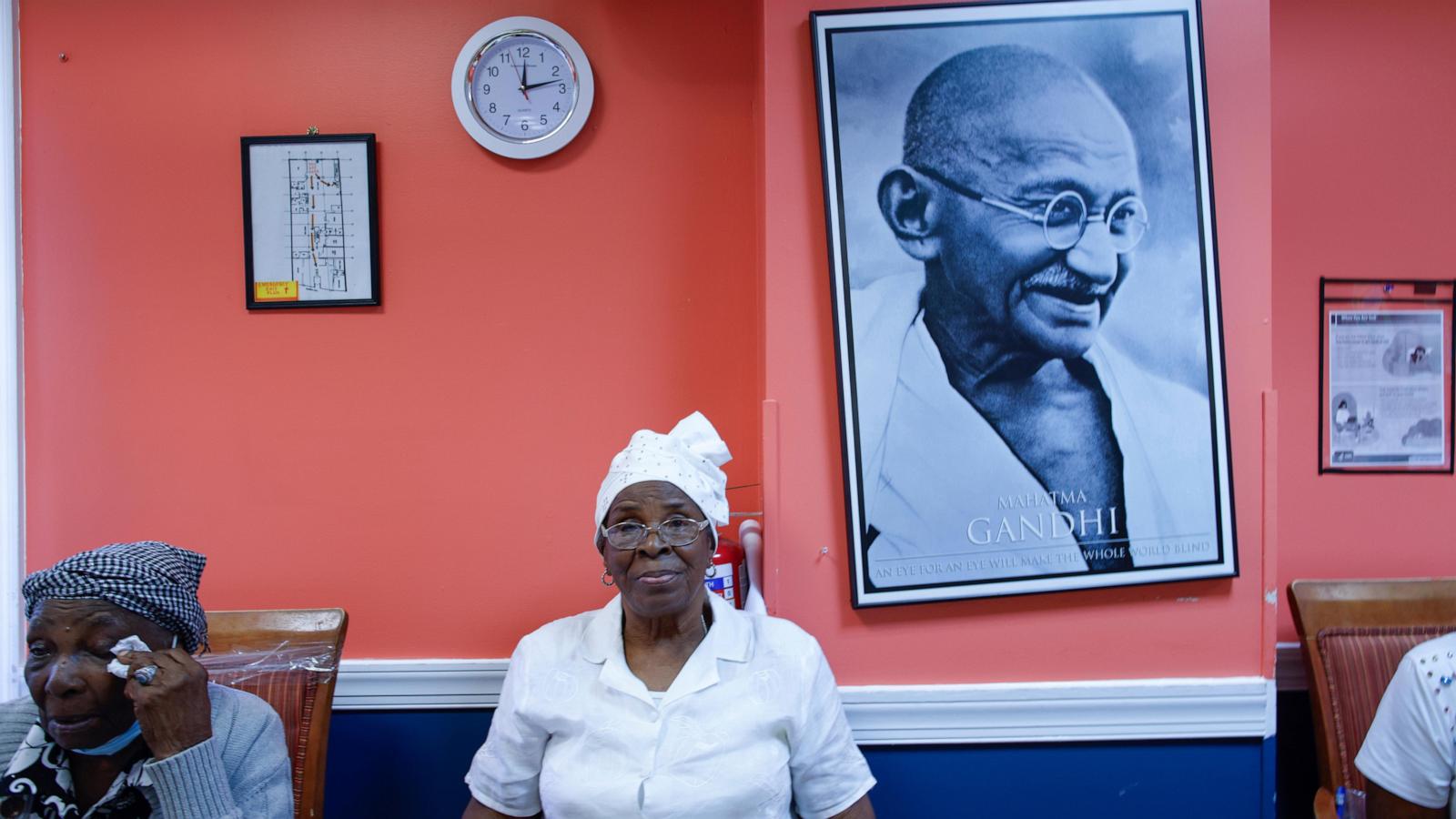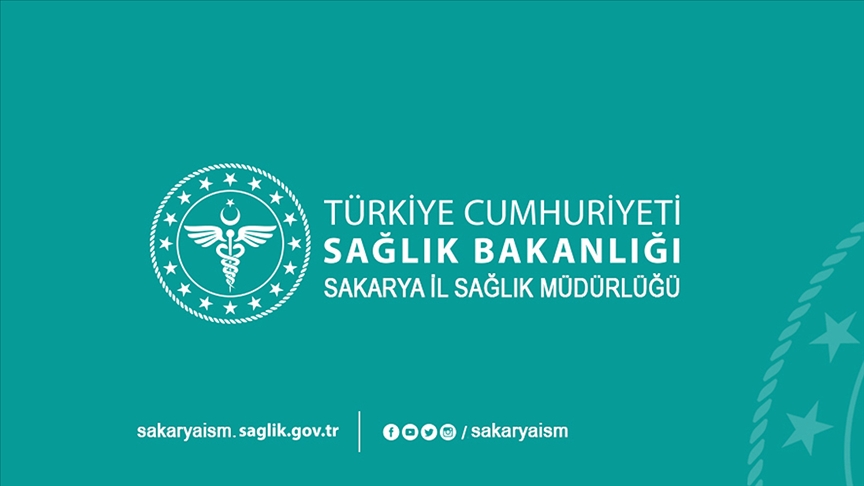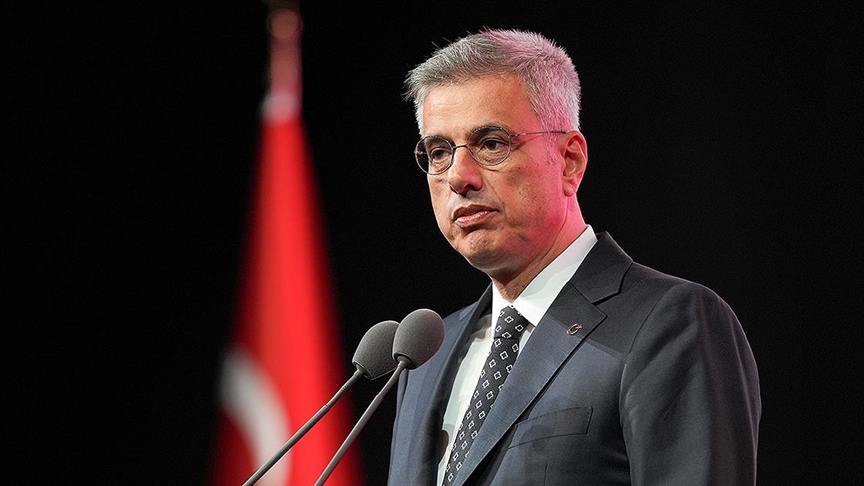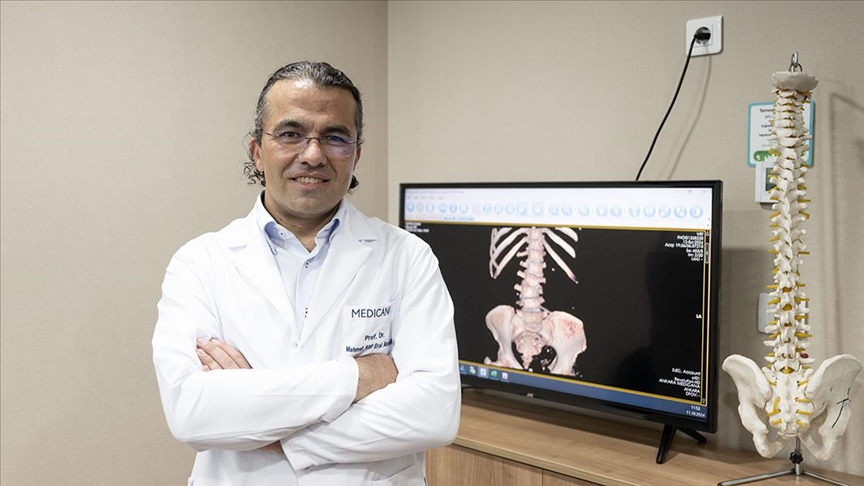
Multicultural Hubs for Older Adults of Color in Day Centers
The clinic world > Multicultural Hubs for Older Adults of Color in Day Centers
Adult Day Centers: Diverse Community Hubs for Older Adults
BERGENFIELD, N.J. -- At Sunshine Adult Day Center, mornings begin with a vibrant multicultural parade, featuring flag bearers from countries like the Philippines, India, and Haiti. This lively atmosphere aims to celebrate diversity while addressing the health needs of older adults, many of whom face mobility issues or dementia.
Adult day centers represent the most racially diverse long-term care setting in the U.S., yet they serve the fewest people due to high costs and limited insurance coverage options. With around 60% of participants identifying as people of color, these centers play a crucial role in communities hesitant to place elders in residential care.
Tina Sadarangani, a nurse practitioner, highlights the vital social connections fostered by these centers, combating isolation often experienced by older immigrants. For many, like 87-year-old Charity Wogwugwu, the centers are a source of joy and recognition.
Across the country at Hong Fook Adult Day Health Care Center, older adults from Chinese, Korean, and Vietnamese backgrounds enjoy culturally relevant meals and activities in a supportive environment. CEO Corinne Jan emphasizes that most participants are monolingual, facing language barriers common in traditional nursing homes.
Day centers provide invaluable resources, addressing issues like food insecurity and housing. Sunshine staff help clients navigate Medicaid renewals and medical appointments, making them essential community hubs. Despite their challenges, advocates assert that these centers are cost-effective solutions for low-income and diverse populations.
As communities emerge from pandemic challenges, many centers continue to see low return rates, yet they remain crucial to the social lives of attendees, fostering a sense of family and belonging among participants.
Source: ABC News

Sakarya Provincial Health Directorate's Statement on Allegations of Negligence in Baby's Death
AA
Minister Memişoğlu: Structural reforms for private hospitals are on our ministry's agenda
AA
Rwanda Reports No Community Transmission of Marburg Virus, Zero New Cases Recently
ABC News











